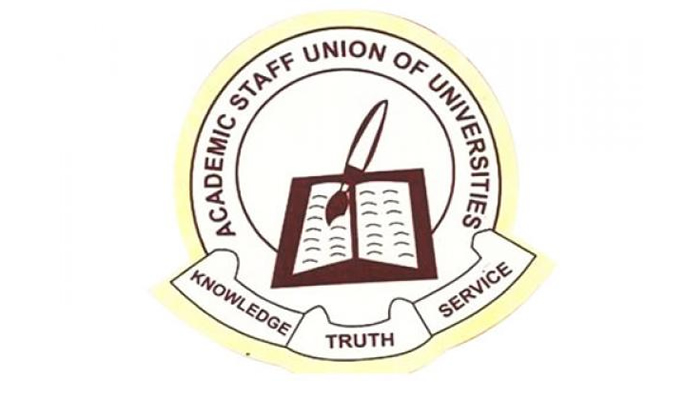The Academic Staff Union of Universities (ASUU) has warned that the Federal Government should be prepared for the consequences of not reaching an agreement with the union.
ASUU president Professor Christopher Piwuna made the disclosure while speaking to newsmen.
He said, “In the days and weeks ahead, the government should be ready to accept whatever they see.”
He also expressed frustration over the prolonged stalemate in negotiations with the Federal Government over key issues affecting university lecturers and the country’s education sector.
Prof Chris Piwuna argued that the union had run out of patience with the government’s lack of concrete action, despite years of promises and discussions.
“We are tired of words and promises,” the ASUU president stated.
Piwuna emphasised that the union’s demands are clear and well-articulated, citing the 2009 agreement with the government that outlines key issues such as conditions of service, autonomy, academic freedom, sustainable funding, and earned academic allowances.
“Our efforts are frustrated by the government. It has been seven years since we started renegotiation with the government. It has reached a point that something must give way. We either have an agreement or we don’t. We are tired of words and promises of action. Our members can only respond to action.”
The ASUU President stressed that the union believes that increased funding and improved remuneration for lecturers can best address the infrastructural decay, demoralised staff, cultism, and quality of education in universities.
“We believe that the infrastructural decay, demoralised staff, cultism and quality of education in our universities can best be addressed through increased funding and improved remuneration for our members,” he added
Piwuna also emphasised the need to include non-teaching staff in salary reviews, stating that it would promote harmony and stabilise the system.
“Let me be clear, non-teaching staff of the university should be carried along as our salaries are reviewed. It will promote harmony and stabilise the system.”
As the standoff between ASUU and the government continues, it remains to be seen whether the union’s demands will be met and what implications this may have for the future of university education in Nigeria.





